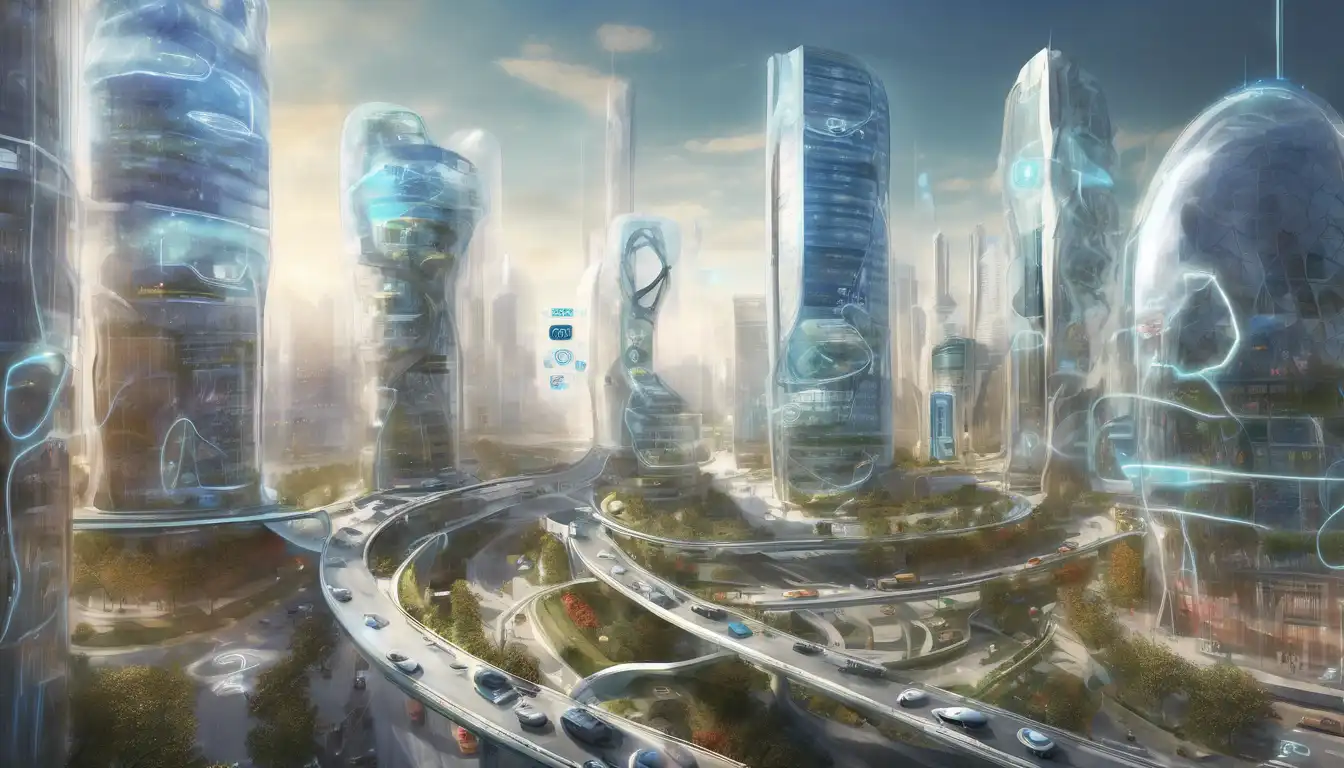The Role of IoT in Shaping Smart Cities
The Internet of Things (IoT) is revolutionizing the way we live, work, and interact with our environment. In the context of smart cities, IoT technologies are at the forefront of urban innovation, offering unprecedented opportunities to enhance efficiency, sustainability, and quality of life. This article delves into the transformative potential of IoT in smart cities, exploring key applications, benefits, and challenges.
Key Applications of IoT in Smart Cities
IoT technology is being leveraged across various sectors to create more connected and intelligent urban spaces. Some of the most impactful applications include:
- Smart Traffic Management: IoT-enabled sensors and cameras can monitor traffic flow in real-time, reducing congestion and improving road safety.
- Energy Efficiency: Smart grids and IoT devices help optimize energy consumption, lowering costs and reducing environmental impact.
- Waste Management: IoT solutions enable smarter waste collection and recycling processes, contributing to cleaner and more sustainable cities.
- Public Safety: From surveillance to emergency response systems, IoT technologies enhance the safety and security of urban residents.
Benefits of IoT in Urban Development
The integration of IoT into smart city initiatives offers numerous advantages, including:
- Improved operational efficiency across city services.
- Enhanced citizen engagement and satisfaction through better services.
- Reduced environmental footprint by optimizing resource use.
- Increased economic opportunities by fostering innovation and attracting investments.
Challenges and Considerations
Despite its potential, the widespread adoption of IoT in smart cities faces several hurdles, such as:
- Data privacy and security concerns.
- High implementation and maintenance costs.
- The need for robust infrastructure and interoperability standards.
- Public resistance to change and technology adoption.
Looking Ahead: The Future of IoT in Smart Cities
As technology continues to evolve, the future of IoT in smart cities looks promising. With advancements in AI, 5G, and edge computing, IoT applications will become even more sophisticated, enabling cities to address complex urban challenges more effectively. However, realizing this vision requires collaborative efforts among governments, businesses, and communities to overcome existing barriers and harness the full potential of IoT.
For more insights into how technology is transforming urban landscapes, explore our articles on urban innovation and sustainable cities.
